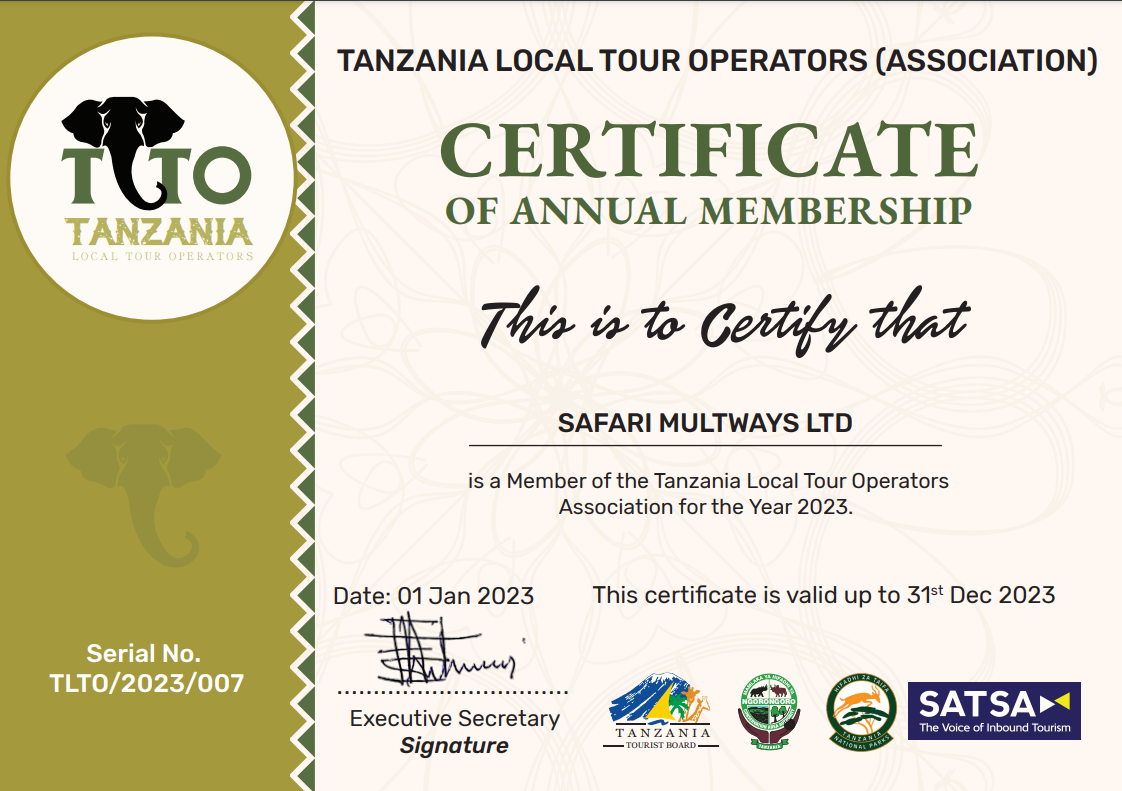Unveiling the Maasai: Kenya’s Enigmatic Nomadic Tribe
The Mystique of the Maasai: A Glimpse into Kenya’s Enigmatic Nomads
Nestled in the vast savannahs and rolling hills of Kenya, the Maasai tribe stands out as one of the most iconic and enigmatic nomadic communities in Africa. Known for their distinctive red shukas, intricate beadwork, and towering stature, the Maasai have long captured the imagination of travelers and anthropologists alike. Their rich cultural heritage and traditional way of life have continued to fascinate and intrigue people from all corners of the globe.
Exploring the Cultural Richness of the Maasai Tribe in Kenya
The Maasai people have a deep connection to their land and livestock, which form the cornerstone of their traditional lifestyle. They are semi-nomadic pastoralists who rely on cattle, goats, and sheep for their sustenance and economic well-being. The Maasai are skilled warriors and expert herders, known for their ability to navigate the harsh terrain of the African wilderness with ease.
One of the most striking aspects of Maasai culture is their distinctive attire. Men typically wear a red shuka, a traditional piece of fabric that is draped over the body, while women don vibrant beaded jewelry and adorn themselves with intricate beadwork. These colorful garments reflect the Maasai’s pride in their cultural identity and heritage.
The Maasai are also renowned for their traditional ceremonies and rituals, which play a central role in their social and spiritual life. One of the most well-known ceremonies is the Eunoto, a rite of passage for Maasai warriors that marks their transition into adulthood. During this ceremony, young men are circumcised and initiated into the ranks of the warrior class, a revered status in Maasai society.
Another important aspect of Maasai culture is their strong sense of community and kinship. The Maasai live in extended family units known as bomas, which are comprised of several huts arranged in a circular fashion. Each boma is headed by a patriarch or elder, who plays a key role in decision-making and resolving disputes within the community.
Despite their deep-rooted traditions, the Maasai are also adapting to the modern world. Many Maasai now live in settled villages and have embraced aspects of modern life, such as education and healthcare. However, they continue to hold onto their cultural practices and customs, which are passed down from generation to generation.
Visitors to Kenya have the opportunity to immerse themselves in Maasai culture through cultural tours and homestays. These unique experiences offer a rare glimpse into the daily lives of the Maasai people, allowing travelers to learn about their customs, traditions, and way of life firsthand.
In conclusion, the Maasai tribe is a living testament to the resilience and adaptability of indigenous cultures in the face of modernization. Their rich cultural heritage, vibrant traditions, and strong sense of community make them a truly remarkable and enduring people. As we continue to explore and celebrate the diversity of the world’s cultures, the Maasai tribe stands out as a shining example of the beauty and complexity of human society.



